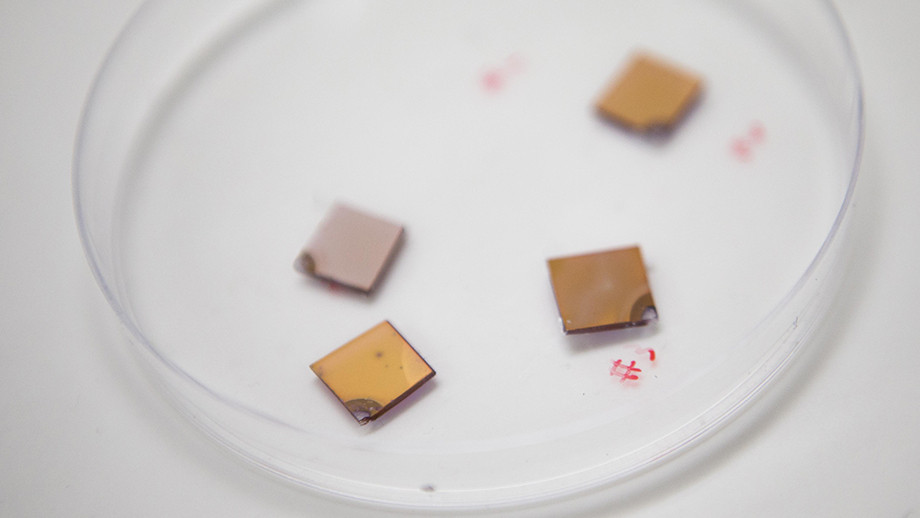Can science deliver a bright future?
Australians generally trust scientists and the work they're doing, according to a new survey by researchers at The Australian National University.
The survey was conducted by Dr Rod Lamberts at The National Centre for the Public Awareness of Science (CPAS) at ANU.
It found two thirds of Australians feel at least fairly well informed about science and nearly 88 per cent agree it makes our everyday lives easier.
Scientists ranked second, just behind doctors, when it came to 'prestige'.
The survey also asked participants to share their views on some of science's most controversial topics, including childhood vaccination.
Nearly 85 per cent of respondents said all parents should be required to vaccinate their children.
However public opinion is clearly more divided when it comes to genetics.
The number of people who considered 'changing a baby's genetic characteristics to reduce serious risk of disease' to be an appropriate use of technology dropped from 60 per cent in 2017 to just over 44 per cent.
A third of respondents also said eating genetically modified foods is generally unsafe. The most common concerns were that genetically modified foods are 'unnatural, unhealthy or harmful' and 'we don't know what making genetically modified foods involves.'
A clear majority of respondents (more than 82 per cent) agreed the benefits of science outweigh the harmful effects to date.
The outlook is positive too - with more than half of those surveyed confident scientific progress will help manage or develop cures for illnesses like cancer and AIDS.
Unsurprisingly, a new question added to the 2018 survey found most people go to online news websites when looking for information about science.
In 2017 males were slightly more likely than females to feel 'informed' or 'very well informed' about science, but this gap decreased further in 2018.
The survey looked at the responses of 1,000 adults from every state in Australia.
It was funded by the Australian Government's Department of Industry, Innovation and Science (DIIS), with data collection carried out by the Social Research Company.
The full results are available online.

